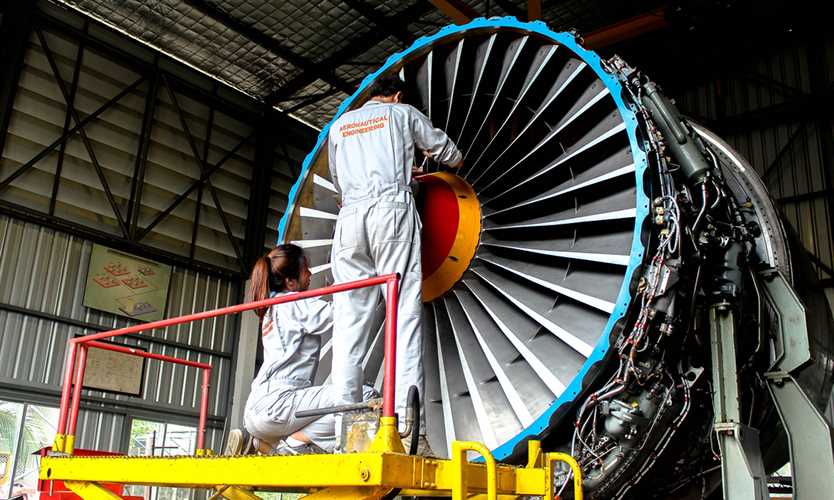Woman’s back injury aggravated mental condition: Court
Reprints
The physical injury aggravated the mental condition of a woman who was partially pulled into a trash compactor while working in the floral department of a Nevada grocery store chain in 2008, the Nevada Supreme Court ruled Friday.
In 2014, after years of receiving medical treatment and other benefits, a vocational rehabilitation counselor concluded that the woman was permanently and totally disabled and the grocery store chain Hy-Vee Inc. voluntarily paid permanent partial disability benefits from 2014 until 2018, according to documents in No. S-20-195.
Continuing to suffer from back pain, in 2017 the woman filed a petition for modification of the award asserting in part that she “suffered a compensable mental health injury that Hy-Vee disputed.”
Hy-Vee, in turn, presented medical reports that opined that “all of (her) current pain was the result of a preexisting somatic symptom disorder that was not caused or aggravated by the work accident.”
The woman, who had suffered previous mental injuries, “showed that her mental health issues were exacerbated by the low-back injury she incurred at work in 2008. In her testimony, (she) acknowledged that she was diagnosed with depression, anxiety, and posttraumatic stress disorder in the 1990's, but… she testified that her mental health had stabilized before she began working for Hy-Vee and that it continued to be stable through the initial trial.
“However, (she) testified that her mental health changed when Hy-Vee denied coverage” for one of her treatments “and she had no hope for any other treatment,” documents state.
The compensation court, in granting her additional benefits, stated that in “the court's view… factors demonstrated that Parks suffered ‘actual physical pain caused by her work accident,’ not pain caused by a somatic symptom disorder,” and was connected to her aggravation of her mental condition.
“The compensation court relied on (the woman’s) own testimony that her depression and anxiety were made worse by her pain. It again rejected Hy-Vee’s assertion, based on (medical) opinion, that (she) suffered from a somatic symptom disorder and that her depression and anxiety were not caused or exacerbated by the work accident,” documents state.
Hy-Vee appealed, arguing that the compensation court erred in a number of ways, including that it failed “to apply the law-of-the-case doctrine” to the woman’s alleged mental health injury.
The state’s highest court disagreed, writing that “the compensation court’s further award was not premised on legal error, that the record supports the findings of fact upon which the further award was based, and that the compensation court did not act in excess of its powers in modifying the further award.”
Read Next
-

Court dismisses shop cleaner’s back injury claim on causation
An appeals court in Louisiana on Tuesday dismissed the workers compensation claim filed by a cleaner at an aircraft propeller shop who had previous back problems and was diagnosed with degenerative issues before injuring herself at work in what a workers compensation judge referred to as a “minor injury” that occurred two years before she filed a claim.